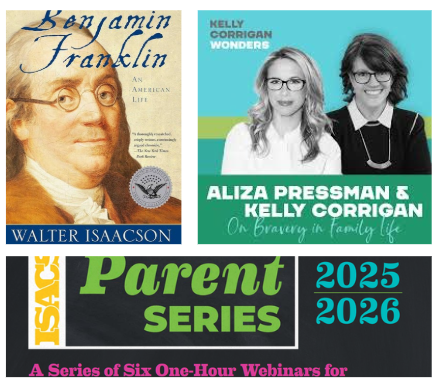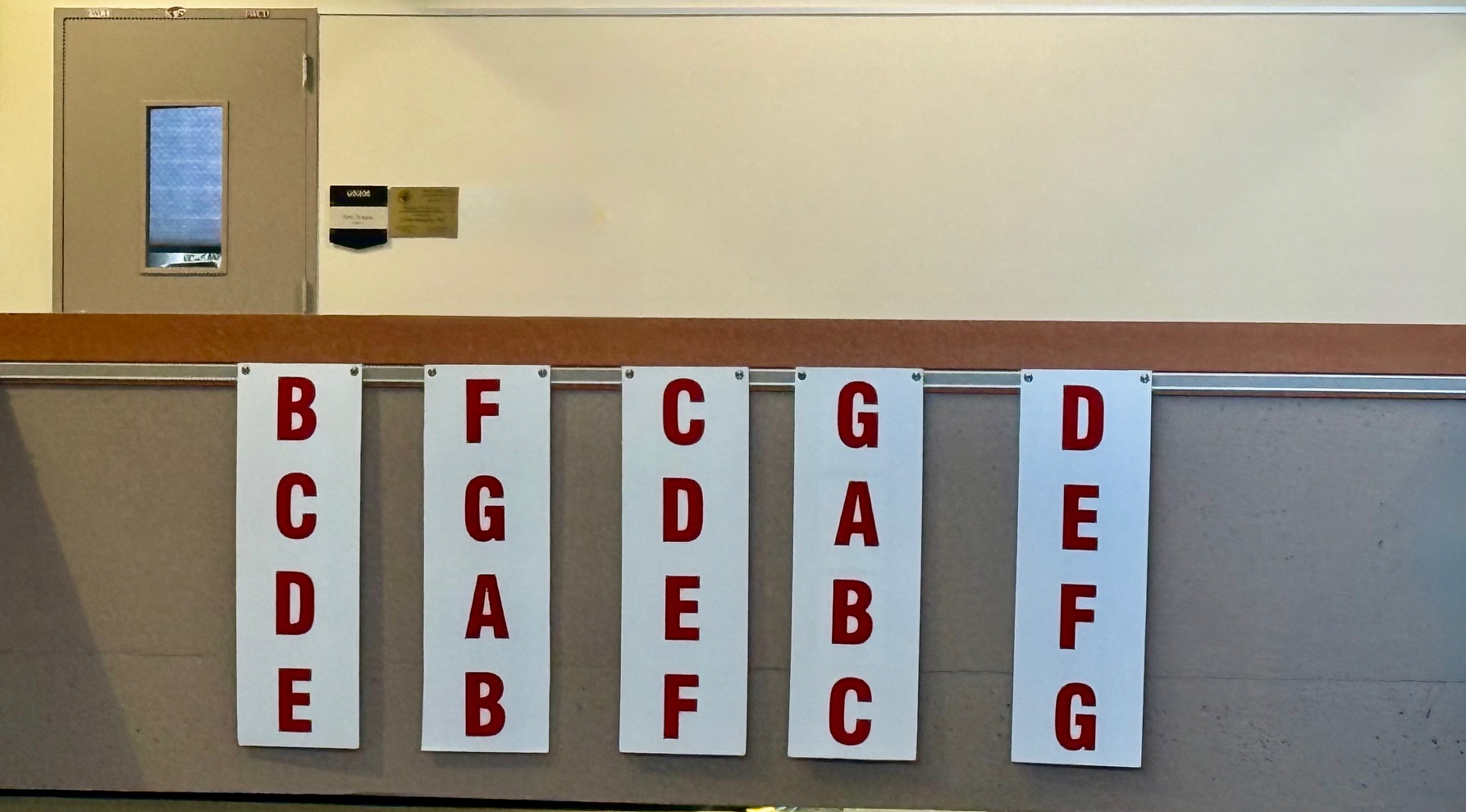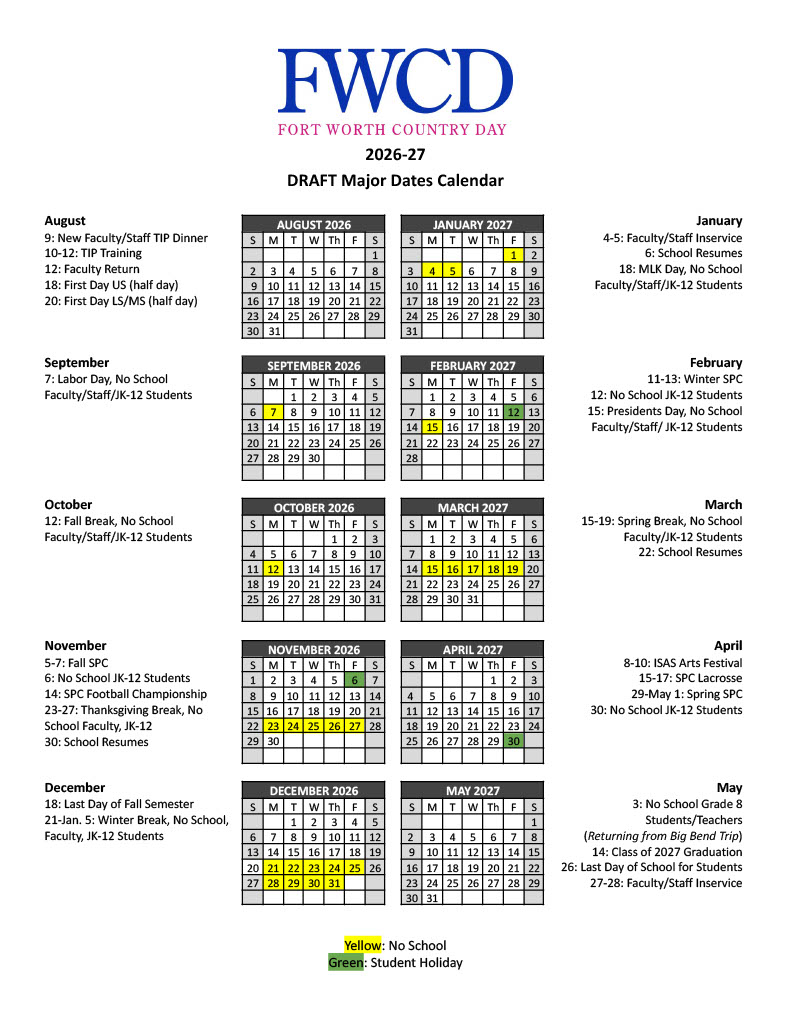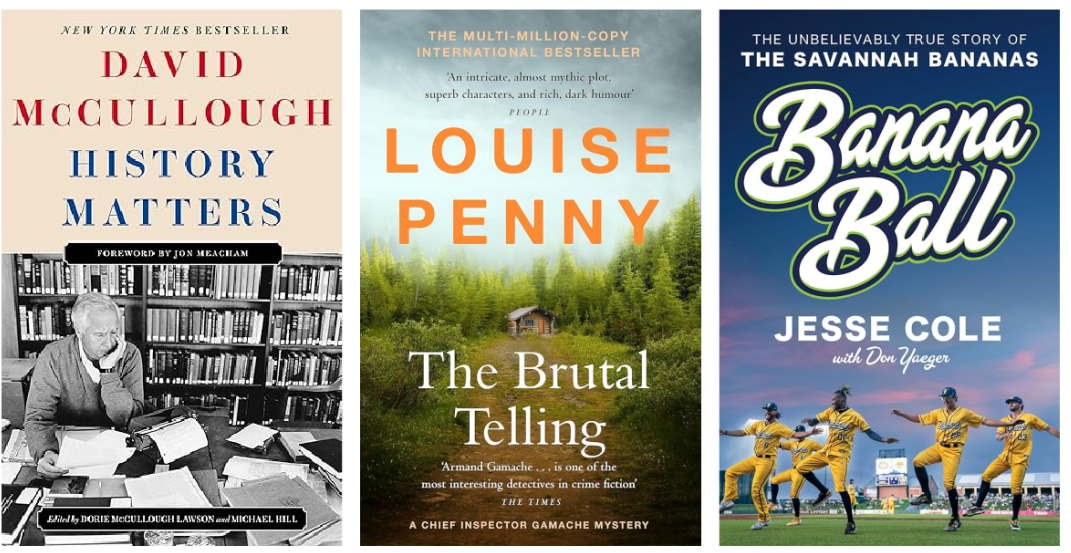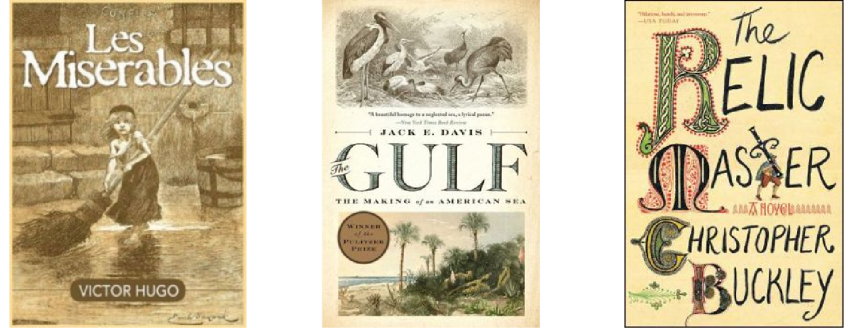“Interviewing for Pain”: Lines We Reuse

We all have lines we trot out regularly. Many of those lines are about our personal lives, ones we use as parents, often ones our parents used with us. Some of the lines are from our professional worlds, memorable advice or cautions we use as mantras or share as counsel for newer members of our professional communities.
In education, we like to think some of our lines have staying power. Do you remember something a teacher of yours always used to say? Is the line memorable because it is pithy or funny or maybe just bizarre? My high school Biology Teacher, Don Larrimer, used to talk about people in our class who had two first names (like Bo James) or two last names (Taylor Wilson, for instance). The observation was not related to biology, nor was it in any way impactful on my life, but it was memorable and makes me always stop and notice those sorts of names.
A line I began using as a Middle School Head in the early 2000s was relevant to parents dealing with a struggling child. The line is not always applicable. The circumstances in which it does apply are particular. If we had a middle schooler who was having bad day after bad day, and I had a parent who was carrying around the burden of their child’s unhappiness, I would invoke a thought I am sure I took from someone else, I think a therapist. The line was, “Be careful, Mom and Dad, that you are not interviewing for pain.”
“Interviewing for pain” happens when a parent picks up a child at carpool, waits for the child to put on their seatbelt, starts to drive out of line toward home or a dentist appointment, and habitually starts in with something roughly along the lines of, “So, how bad was school today?” or “How bad was Spanish class today?” (I taught Spanish) or “How bad was volleyball practice?” (I coach volleyball).
The caution to the parent is not to deny that something bad might have happened for the child. Rather, it was to help frame a conversation. The challenge we have as adults in those circumstances is to get the child to notice the good things. If a child is regularly reciting the “bads,” they might lose sight of the “goods.” Our job as adults is not to ignore or gloss over the challenges but to help a child process those challenges. Perhaps the parent could ask the child to first share the three best things about his or her day. While we have to make sure our children are able to share their pain, we also need to help them not obsess over the negatives.
Disposition matters. Some of us are inclined to “Eeyoring.” I am not advocating for false sunniness at all times. Rather, when I suggest that a parent make sure they are not interviewing for pain, I am hoping we are giving a child tools to contextualize their worst days or weeks or months, to recognize that there are people in their lives who love them, that there are friends who are eager to be with them, that there are teachers who are looking out for them.
“Be mindful of interviewing for pain” is a line that has served me well over the last 25 or so years, and I hope it has served many parents well, also.




